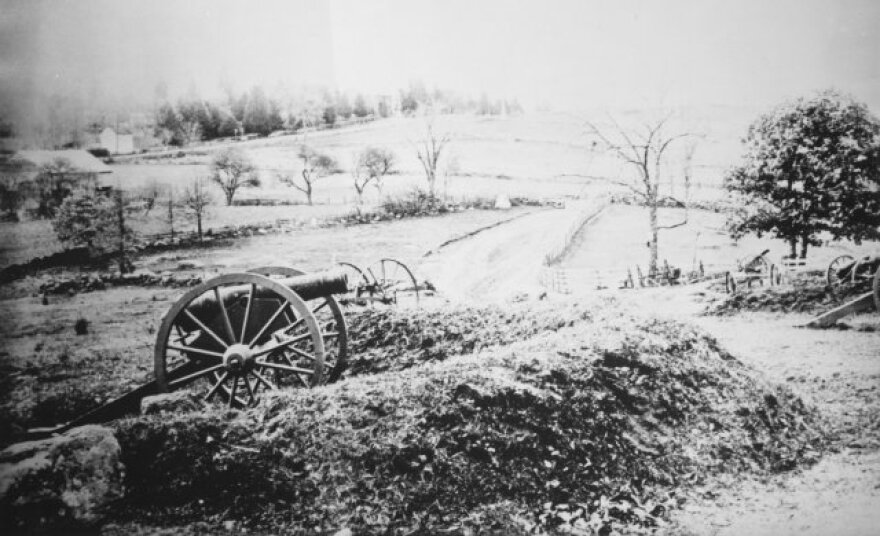One hundred fifty years ago, over the first 3 days of July, one of the fiercest and most important battles of the American Civil War was fought.
The Battle of Gettysburg was the deadliest battle of the Civil War, with more than 35,000 soldiers killed, wounded or missing in the first two days alone. It was also a turning point for the Union forces.
Civil War historian and Carroll University professor Thomas Martin Sobottke says it is hard to overstate the importance Gettysburg's outcome would have on the rest of the war.
"This is a crucial battle for this eastern Union army, and what really makes the stakes to incredibly high is that Washington, D.C., is so nearby," he says.
Sobottke says Wisconsinites saw great action at Gettysburg, six infantry regiments were there 150 years ago, including those in the Iron Brigade, and a company of sharpshooters. But Wisconsin soldiers previously had fought in several of the American Civil War's fiercest and deadliest battles, including first and second Bull Run, Shiloh, Groveton, South Mountain, Vicksburg, and the infamous bloody battle at Antietam.
But July 1st, 1863 – the first day of battle at Gettysburg, would mark the start of the Iron Brigade's last stand, Sobottke says.
Initially, the Union did not want to fight at Gettysburg, but General George Meade saw that “...the Iron Brigade from Wisconsin had done so much to make sure they held hills of Gettysburg," and knew, because of its sharpshooters, that they had a strong point from which to fight.
The Iron Brigade was a mostly Wisconsin group of fighters, but also included the Michigan and Indiana soldiers. They are said to have gotten their name from General George C. McClellan, who said after witnessing their incredible defense, that the men must be made of iron.
More than 1,800 men were in the brigade, and half of their infantry was lost at Gettysburg. Of the Wisconsin soldiers, it represented the third biggest loss of any state.
Thomas Martin Sobottke is the voice of our Civil War series, "Iron Brigade and Beyond." He's historian, teacher, and the author of the novel Richmond’s Bloody Road, under the name Thomas Martin Saturday. He’s also the author of Across That Dark River: The Civil War Memory.





